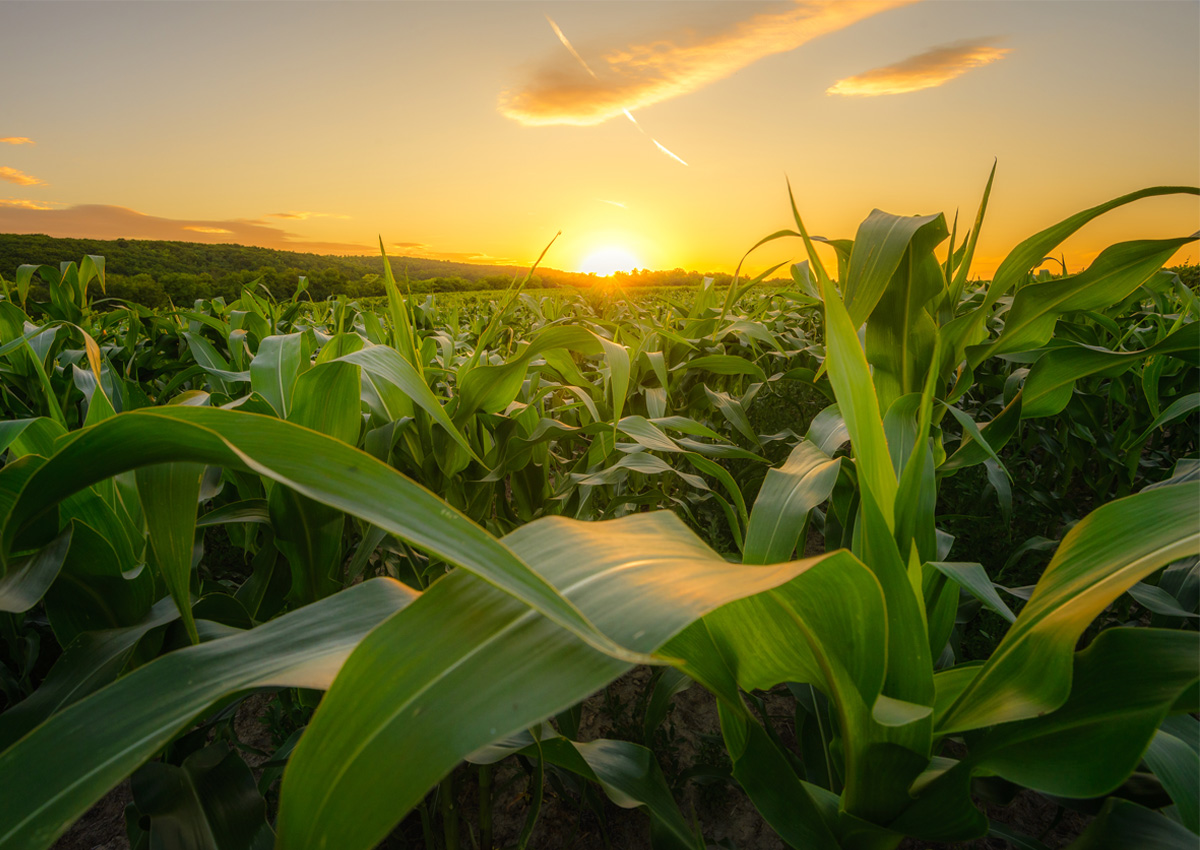
Climate Change Slowed Agricultural Productivity Growth by 21% since 1961
April 7, 2021| |
Cornell University, the University of Maryland (UMD), and Stanford University have worked together to quantify the man-made effects of climate change on global agricultural productivity growth for the first time.
Using a robust model of weather effects on productivity, the study showed a 21% reduction in global agricultural productivity since 1961, which according to the researchers is equivalent to completely losing the last seven years of productivity growth. The results also suggest that global agriculture has become more and more vulnerable to ongoing climate change effects, with warmer regions such as Africa, Latin America, and the Caribbean being hit the hardest. The study found that these areas have already experienced slows in growth of 26-34%, while the United States seems to be less affected, with slows in growth of approximately 5-15%.
According to Robert Chambers, professor in Agricultural and Resource Economics (AREC) at UMD, their study suggests that climate and weather-related factors have already had a large impact on agricultural productivity. Economist Ariel Ortiz-Bobea, associate professor in the Charles H. Dyson School of Applied Economics and Management said the slowdown is equivalent to pressing the pause button on productivity growth back in 2013 and experiencing no improvements since then. He added that anthropogenic climate change is already slowing us down.
For more details, read the news releases from UMD and Cornell University.
| |
You might also like:
- GM Crops' Benefits to Fight Climate Change May Be Underestimated Than Previously Documented
- International Research Group Confirms Contribution of Bioenergy to Climate Change Mitigation
- Gene Identified that Will Help Develop Plants to Fight Climate Change
Biotech Updates is a weekly newsletter of ISAAA, a not-for-profit organization. It is distributed for free to over 22,000 subscribers worldwide to inform them about the key developments in biosciences, especially in biotechnology. Your support will help us in our mission to feed the world with knowledge. You can help by donating as little as $10.
-
See more articles:
-
News from Around the World
- Climate Change Slowed Agricultural Productivity Growth by 21% since 1961
- Study Finds Spinach as Edible Substrate to Grow Meat from Lab
- New Heat Sensing Gene to Help Crops Battle Climate Change
- Health Canada: Gene-Edited Crops are Safe
- Experts Tackle Importance of New Breeding Technologies in Food and Nutritional Security
- GM White Clover Field Trial in Australia Gets Approval
- Experts Highlight Impacts of Agri-biotech Adoption in Vietnam
- Labeling Gene-Edited Foodstuffs is Impossible Says Italian MEP
-
Research Highlights
- Identified Gene Boosts Water Use Efficiency in Apples
-
Plant
- Japanese Consumers Prefer Gene Editing Applications on Vegetables over Livestock
- Experts Present Two Efficient CRISPR-Cas9 Systems for Soybean
- MitoTALENs Reveal Role of Mitochondrial Gene in Rice Pollen Development
-
Read the latest: - Biotech Updates (January 21, 2026)
- Gene Editing Supplement (January 28, 2026)
- Gene Drive Supplement (February 22, 2023)
-
Subscribe to BU: - Share
- Tweet

